Secondary Infertility: The Struggle You Didn’t Expect

You’ve had a child before. Maybe the journey was smooth, or maybe it took time, but now, trying again, things aren’t working. And no one seems to understand why it hurts.
You’ve had a child before. Maybe the journey was smooth, or maybe it took time, but now, trying again, things aren’t working. And no one seems to understand why it hurts. This is secondary infertility—the inability to conceive or carry a pregnancy to term after previously giving birth. It’s more common than most people realize, and yet it’s often met with confusion, silence, or even shame. At Reproductive Centers of America (RCA), we see you. We understand that just because you’ve been pregnant before doesn’t make this experience any easier—or any less real.
What Is Secondary Infertility?
Secondary infertility is defined as the inability to get pregnant or stay pregnant after having one or more biological children. It can affect people of any age and may involve new medical, hormonal, or anatomical issues—or unresolved ones that have worsened over time.
Common Causes of Secondary Infertility
- Age-related decline in egg quality or quantity
- Scar tissue or adhesions from a prior delivery or surgery (like a C-section or D&C)
- Endometriosis or uterine abnormalities that have developed or progressed
- Male factor infertility, including lower sperm count or motility
- Polycystic Ovary Syndrome (PCOS) or irregular ovulation
- Thyroid or autoimmune changes since your last pregnancy
- Lifestyle shifts, including stress, weight fluctuations, or medications
Even if nothing has obviously changed, time alone can affect fertility.
The Emotional Weight of “Already Having One”
Many people struggling with secondary infertility report feeling:
- Isolated, because they “should be grateful”
- Invalidated by friends, family, or even doctors
- Guilty for wanting more children
- Confused about why things are so different now
You may also feel a unique grief—not just for the baby that isn’t here, but for the sibling your child may never have.
Your pain is valid. Your family-building journey deserves attention and care.
How RCA Supports Families Facing Secondary Infertility
At RCA, we don’t assume anything based on your past. We start with a comprehensive evaluation to uncover what’s happening now, not what used to be.
Our approach includes:
- Full fertility testing for both partners
- Review of past birth history and delivery complications
- Hormone and ovulation monitoring
- Genetic screening and advanced imaging
- Lifestyle and immune factor assessments
We then create a plan that’s personalized, honest, and hopeful—whether it involves ovulation support, IVF, or alternative paths like egg donation or surrogacy.
You’re Not Alone. And You Deserve Support.
Secondary infertility isn’t a failure. It’s not your fault. And you don’t have to minimize your pain just because you’ve experienced parenthood once.
We’re here to help you understand your options, support your emotions, and honor your vision of family—whatever shape it takes.
What Is Secondary Infertility?
Secondary infertility is defined as the inability to get pregnant or stay pregnant after having one or more biological children. It can affect people of any age and may involve new medical, hormonal, or anatomical issues—or unresolved ones that have worsened over time.
Common Causes of Secondary Infertility
- Age-related decline in egg quality or quantity
- Scar tissue or adhesions from a prior delivery or surgery (like a C-section or D&C)
- Endometriosis or uterine abnormalities that have developed or progressed
- Male factor infertility, including lower sperm count or motility
- Polycystic Ovary Syndrome (PCOS) or irregular ovulation
- Thyroid or autoimmune changes since your last pregnancy
- Lifestyle shifts, including stress, weight fluctuations, or medications
Even if nothing has obviously changed, time alone can affect fertility.
The Emotional Weight of “Already Having One”
Many people struggling with secondary infertility report feeling:
- Isolated, because they “should be grateful”
- Invalidated by friends, family, or even doctors
- Guilty for wanting more children
- Confused about why things are so different now
You may also feel a unique grief—not just for the baby that isn’t here, but for the sibling your child may never have.
Your pain is valid. Your family-building journey deserves attention and care.
How RCA Supports Families Facing Secondary Infertility
At RCA, we don’t assume anything based on your past. We start with a comprehensive evaluation to uncover what’s happening now, not what used to be.
Our approach includes:
- Full fertility testing for both partners
- Review of past birth history and delivery complications
- Hormone and ovulation monitoring
- Genetic screening and advanced imaging
- Lifestyle and immune factor assessments
We then create a plan that’s personalized, honest, and hopeful—whether it involves ovulation support, IVF, or alternative paths like egg donation or surrogacy.
You’re Not Alone. And You Deserve Support.
Secondary infertility isn’t a failure. It’s not your fault. And you don’t have to minimize your pain just because you’ve experienced parenthood once.
We’re here to help you understand your options, support your emotions, and honor your vision of family—whatever shape it takes.









